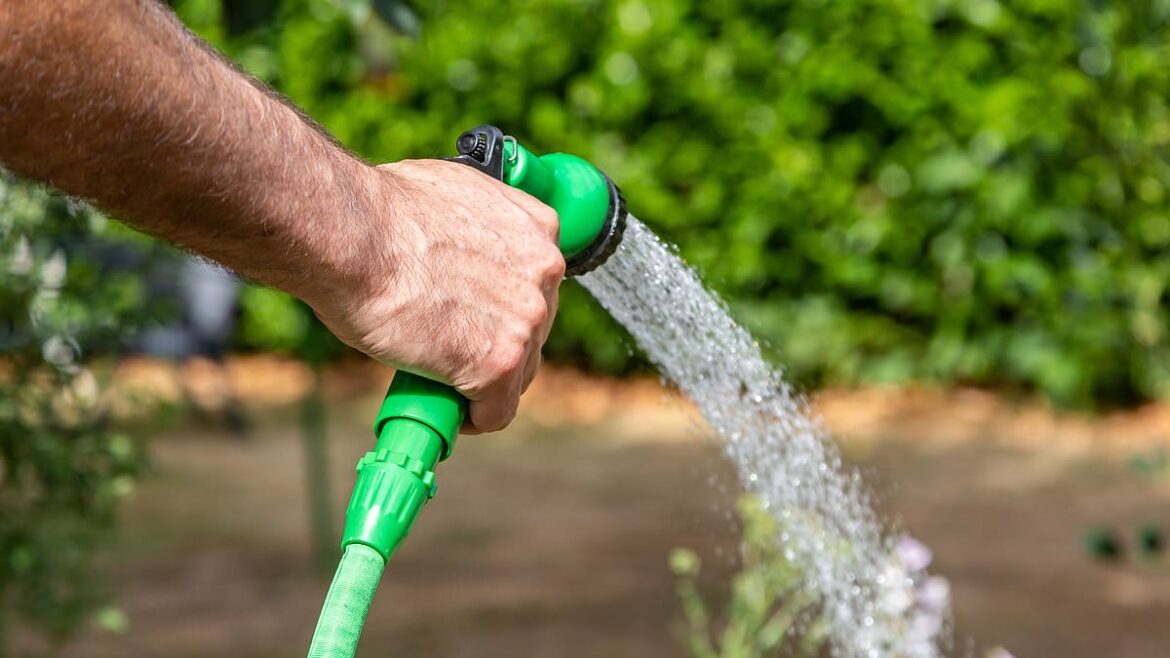Residents across Yorkshire may need to get used to turning off their garden hoses for months to come.
Yorkshire Water has warned that hosepipe restrictions could last well into the winter, as the region’s reservoirs remain far below normal levels despite forecasts for heavy showers in the coming weeks.
What the Ban Means for Residents
The restrictions affect more than five million Yorkshire Water customers.
Under the ban, activities such as watering gardens, washing cars, or filling paddling pools are off-limits.
Dave Kaye, a director at Yorkshire Water, explained:
“We’re expecting more welcome rainfall over the next few days.
While it will help, most of it is likely to be absorbed by parched plants and soil, with very little making it into our reservoirs.”
Kaye added that the ban will stay in place until reservoir stocks recover, which could extend into winter.
The goal is to ensure adequate water supplies heading into spring and summer 2026.
Efforts to Conserve Water
Yorkshire Water stressed that efforts to reduce water usage, tackle leaks, and implement drought permits are helping to preserve water stocks.
“These combined measures aim to ensure everyone will have the water they need,” Kaye said.
Currently, the company’s reservoir stocks sit at just 35.8 percent, far below the average of 73.4 percent for this time of year.
Hosepipe bans are not unique to Yorkshire. Thames Water and South East Water have also imposed restrictions in some areas following one of the driest springs on record.
Public Backlash Over Executive Pay
The announcement has sparked controversy, particularly amid criticism of Yorkshire Water’s management.
Luke Charters, Labour MP for York Outer, accused the company of presiding over “one of the leakiest water networks in the country.”
A joint letter from regional leaders, including David Skaith, Mayor of York and North Yorkshire, criticized CEO Nicola Shaw’s £1.3 million payments from Kelda Holdings, the company’s parent firm.
The letter stated these payments were “wholly unacceptable” in light of Yorkshire Water’s performance issues, which include a 41 percent leak rate, environmental shortcomings, and customer service problems.
Yorkshire Water Responds
Yorkshire Water defended the payments, saying they were related to “investor engagement, financial oversight, and management of the Kelda Group” and were funded by shareholders, not customers. A spokesperson added:
“We recognise the strength of feeling on this issue. While these payments were disclosed in our annual reports, we acknowledge that we should have been more transparent.
Moving forward, we will disclose any Kelda-related payments for our CEO and CFO in our accounts.”
The company also highlighted that under Shaw’s leadership, investors have committed £500 million in new investment, with a further £600 million pledged by March 2027—the largest single capital commitment in Yorkshire Water’s history.
The firm says it remains focused on modernizing the water network and aligning executive pay reporting with FTSE100 standards.
Weather Outlook Offers Little Immediate Relief
The Met Office predicts changeable weather across the UK from September 3 to 12, with low-pressure systems dominating.
Showers or longer spells of rain are expected in many areas, particularly in the west.
However, as Kaye noted, much of this rainfall is likely to be absorbed by dry soil and plants, meaning reservoir recovery will be slow.



